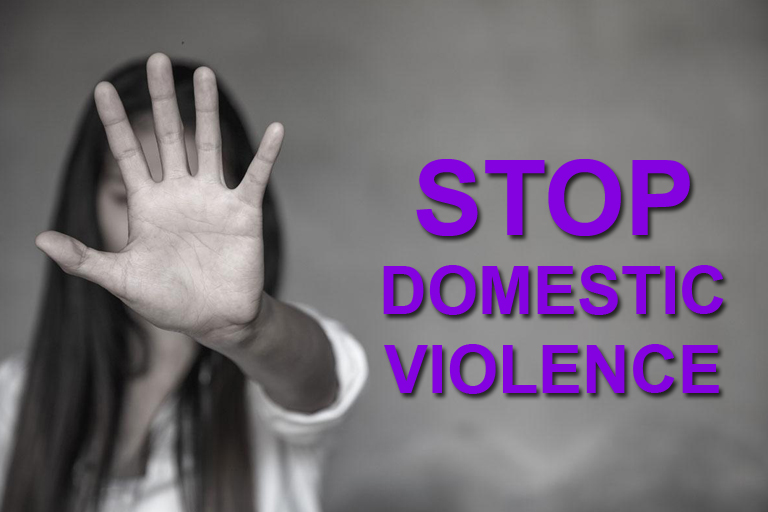Understanding the Dynamics
Domestic violence law, encompasses a multifaceted legal framework aimed at addressing and preventing acts of violence and abuse within familial or intimate relationships. Rooted in principles of protection, accountability, and justice, this legal domain navigates the complexities of interpersonal violence, striving to provide recourse and support for victims while holding perpetrators accountable for their actions.

Defining Domestic Violence
Domestic violence encompasses a range of abusive behaviors, including physical, emotional, sexual, and financial abuse, perpetrated by one partner against another within the context of an intimate or familial relationship. These acts of violence often serve to assert power and control over the victim, creating a pervasive atmosphere of fear, intimidation, and coercion.
Legal Protections for Victims
Victims of domestic violence are afforded legal protections under various statutes and regulations designed to ensure their safety and well-being. These protections may include obtaining restraining orders or protection orders, which legally mandate the perpetrator to refrain from contacting or approaching the victim, providing a measure of security and peace of mind for those at risk.
Criminalization of Domestic Violence
In many jurisdictions, domestic violence is treated as a criminal offense, subject to prosecution and punishment under the law. Prosecutors may pursue charges ranging from assault and battery to domestic violence-specific offenses such as stalking, harassment, or marital rape, depending on the nature and severity of the abuse inflicted upon the victim.
Civil Remedies and Legal Recourse
In addition to criminal proceedings, victims of domestic violence may seek civil remedies through the legal system to address the harms they have endured. Civil lawsuits, such as those for damages or injunctions, provide victims with avenues for seeking financial compensation, restitution, or injunctive relief against their abusers, holding them accountable for the harm inflicted.
Collaborative Intervention Strategies
Effective intervention strategies for addressing domestic violence often involve collaboration among various stakeholders, including law enforcement agencies, social service providers, legal advocates, and healthcare professionals. These multidisciplinary approaches aim to coordinate resources, support services, and legal assistance to empower victims and facilitate their journey towards safety, healing, and recovery.
Protective Measures for Vulnerable Populations
Special attention must be given to vulnerable populations disproportionately impacted by domestic violence, including women, children, elderly individuals, persons with disabilities, and LGBTQ+ individuals. Legal frameworks and support services must be tailored to address the unique needs and circumstances of these populations, ensuring equitable access to protection, advocacy, and assistance.
Prevention and Education Initiatives
In addition to providing legal remedies for victims, efforts to combat domestic violence also encompass prevention and education initiatives aimed at raising awareness, promoting healthy relationships, and challenging cultural norms that perpetuate violence and abuse. Education campaigns, community outreach programs, and bystander intervention training can empower individuals to recognize, respond to, and prevent instances of domestic violence within their communities.
International Perspectives and Legal Standards
Domestic violence law is shaped not only by national legislation but also by international legal standards and conventions that establish norms and obligations concerning gender-based violence and human rights. Treaties such as the United Nations Convention on the Elimination of All Forms of Discrimination against Women (CEDAW) and the Istanbul Convention provide guidance and benchmarks for governments to address domestic violence comprehensively and effectively.
Conclusion
In conclusion, domestic violence law represents a critical component of the legal landscape, offering recourse, protection, and support for individuals impacted by intimate partner violence and abuse. Through a combination of legal protections, collaborative intervention strategies, and prevention efforts, stakeholders strive to combat domestic violence, promote accountability, and foster environments of safety, respect, and dignity for all. As societies continue to grapple with the pervasive and insidious nature of domestic violence, the pursuit of justice and equality remains paramount, guided by a commitment to upholding the rights and dignity of every individual.